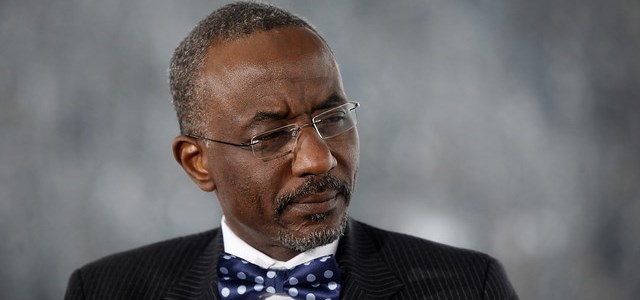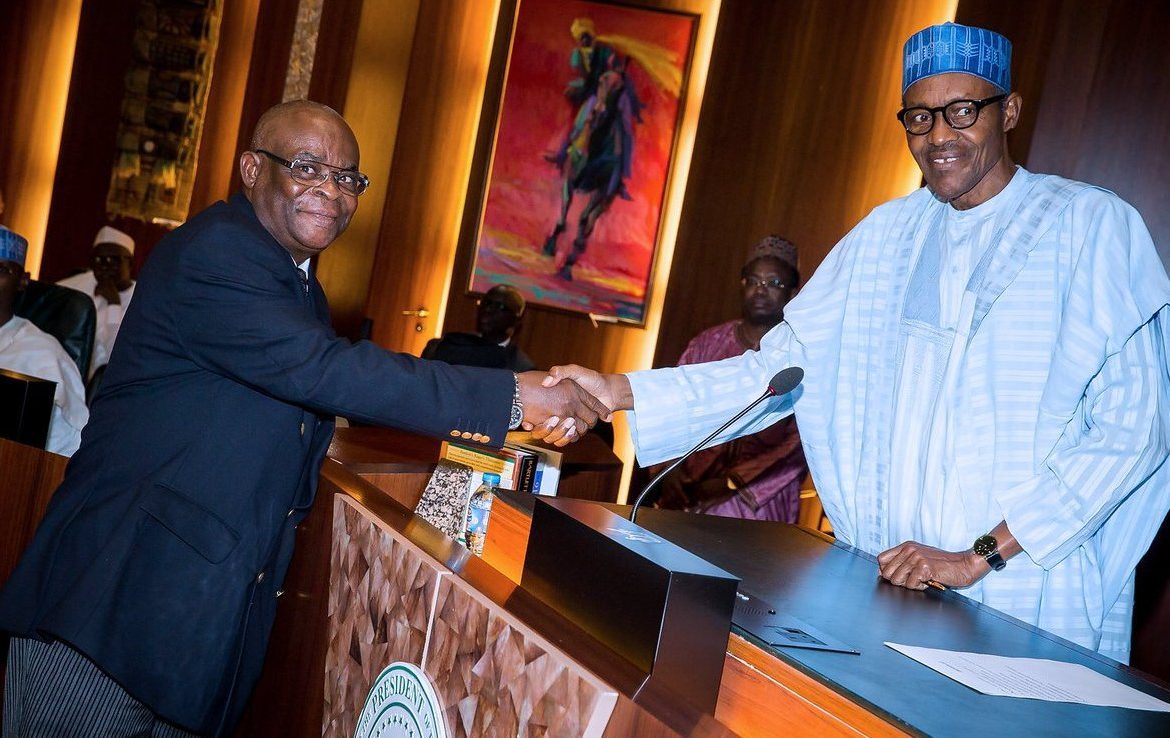This material belongs to: This Day.
Tobi Soniyi in Lagos and Alex Enumah in Abuja
The National Judicial Council (NJC) has said that 15 judges including two chief judges are being investigated for alleged violation of the code of conduct for judicial officers.
A statement by NJC’s Director of Information, Mr Soji Oye, added that the decision to investigate the judges was taken at the council’s 83rd meeting at which the Chief Justice of Nigeria (CJN), Justice Walter Onnoghen, who also doubles as its chairman, presided.
The statement said 15 separate committees had been constituted to investigate the judges. Each committee will investigate each judge and submit its report to the council which will take a final decision on their reports.
Oye said the NJC decided to investigate the judges after considering reports of its two preliminary complaints assessment committees on 46 petitions written against judicial officers at both the federal and state levels.
He said the council also issued letters of advice to Justice M.A. Dada of the Lagos State High Court of Justice and Justice Chukwudi Charles Okaa of the Anambra State High Court for violation of extant laws in the course of their judicial duties based on petitions written against them by Dayo Adamolekun & Ridwanulah Olanite, and Reverend F.U. Ekavhiare & Associates, respectively.
He also said that the council dismissed 31 petitions, 29 of which it found unmeritorious, while the remaining two written against Justice J.T. Tsoho of the Federal High Court, Abuja and Justice O.O. Akeredolu, the acting Chief Judge of Ondo State, were withdrawn by the petitioners.

The statement said: “Al-Sagr National Insurance Company which wrote against Hon. Mr. Justice Tsoho withdrew its petition since the judge had delivered the ruling in its case.”
“Chief Raheem A. Badmus who wrote against Hon. Justice Akeredolu also voluntarily withdrew his petition for personal reasons.”
“Council treated the two petitions as withdrawn since it did not find anything in them sufficiently serious for further consideration as stipulated in Regulation 9 (1) of the Judicial Discipline Regulations.”
However, NJC said it considered and found worthy of further investigation, the petition written by Azi A. Phillip on behalf of All Farmers Association of Nigeria (AFAN), Plateau State Chapter, accusing Justice P. D. Damulak, the immediate past Chief Judge of Plateau State, of bias, for failing to make his judgment in Suit No. PLD/J/236/16 delivered on 4th November 2016 available to the parties till the time the petition was written against him.
But NJC said it decided not to constitute a committee to look into the matter because the chief judge had already retired from service and was therefore no longer in the employment of the council.
The council also considered and dismissed petitions written against two other judges, namely, Justice L.T.C. Eruba of the High Court of Justice, Abia State and Grand Kadi Abdullahi Waiya of the Sharia’h Court of Appeal, Kano State, for lack of merit.
Oye said NJC further agreed to report a legal practitioner, Mr. Adesina Ogunlana, to the Legal Practitioners Disciplinary Committee (LPDC) for misconduct, for the use of uncouth language in a petition written to the NJC against Justice O.O. Atilade, the immediate past Chief Judge of Lagos State.
The statement further read: “Council welcomed as good development, a letter from the Zamfara State Government approving the recommendation of the NJC for the compulsory removal of Justice Musa Ibrahim Anka from office for allegedly receiving a bribe of Two Hundred Thousand Naira (N200,000) from one Zubairu Abdumalik in order to deliver judgement in his favour.”
NJC had in 2011 made a recommendation to the Zamfara State Government for the removal of the judge.
The council last week also set up a mixed committee headed by a former President of the Court of Appeal, Justice Ayo Salami, to monitor judges handling corruption cases.


